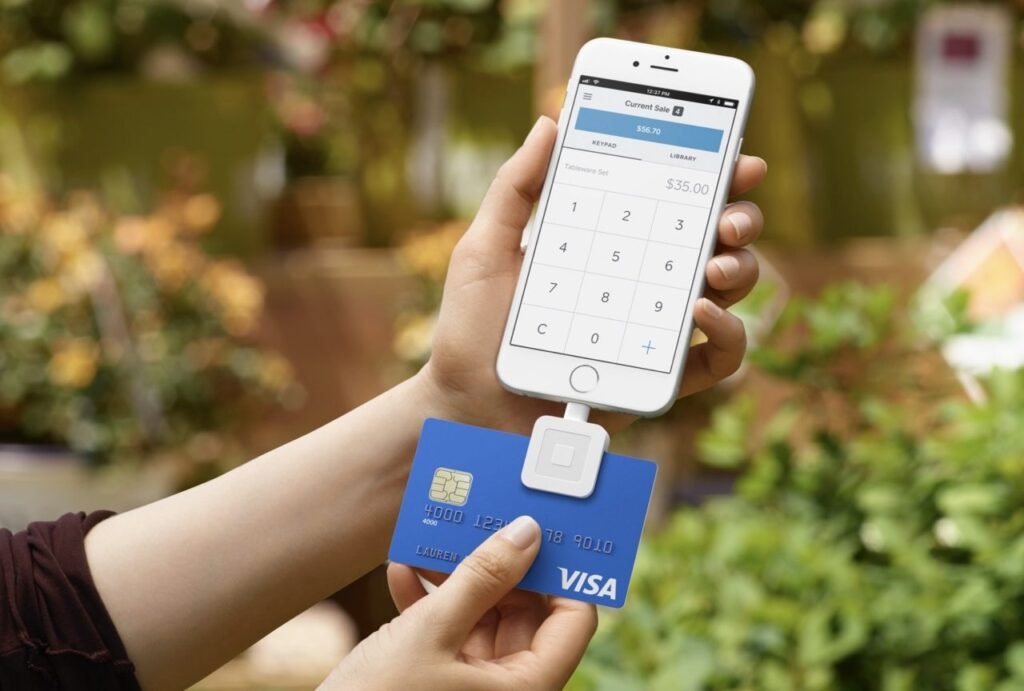If you are already using Square to accept payments, it may be beneficial to open a Square Checking account. This account allows you to access your revenue immediately, rather than waiting for funds to transfer to another bank. However, it is also recommended to open a free business checking account at a different bank to provide flexibility in case of any issues with either institution.
Square, a financial technology company, offers checking services through Sutton Bank, a member of FDIC. While you access your account through Square’s platform, your funds are actually held by Sutton Bank.
Square Checking offers several advantages, such as no monthly fees or minimum opening deposit, unlimited fee-free transactions, and instant access to revenue from your Square payment processing system. On the downside, ATM withdrawal limits may be low, and there was a consent order issued to Sutton Bank by the FDIC in 2024.
To open a Square Checking account, you need to be a U.S. citizen, at least 18 years old, and provide various personal and business information. Once your account is set up, you can easily add money through Square sales deposits, mobile check deposits, and ACH transfers. Additionally, you can link a third-party debit card to cover transactions if there are insufficient funds in your account.
Square also offers a business savings account with a 1.0% APY, which allows you to automatically transfer a portion of your revenue. However, for long-term savings goals, a high-yield business savings account might offer a better APY.
In conclusion, while opening a Square Checking account can be beneficial for quick access to revenue, it is advisable to maintain accounts at multiple institutions for added security and flexibility. Other online bank accounts to consider include NBKC, Bluevine, Found, and North One, each offering unique features tailored to different business needs.

